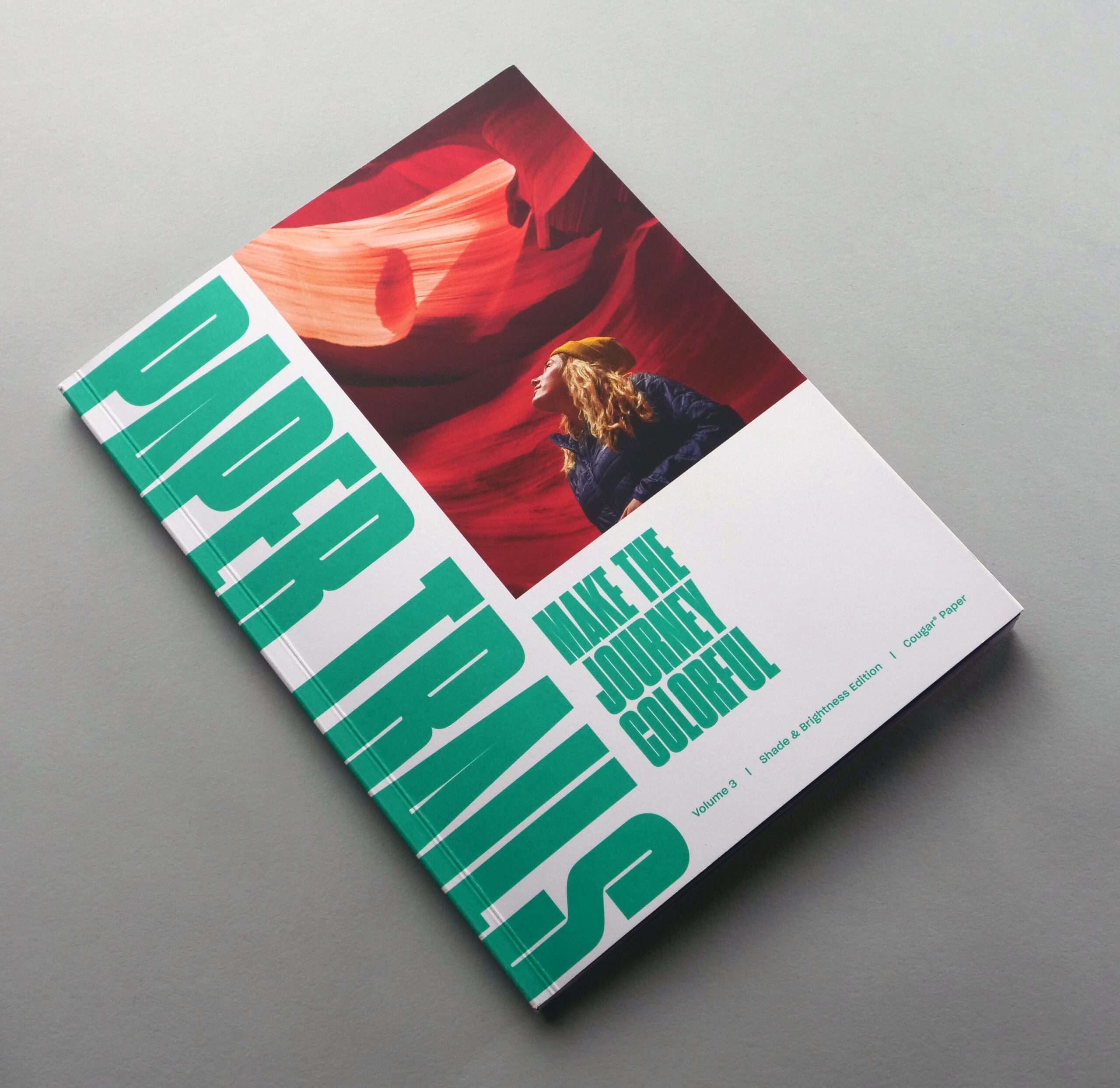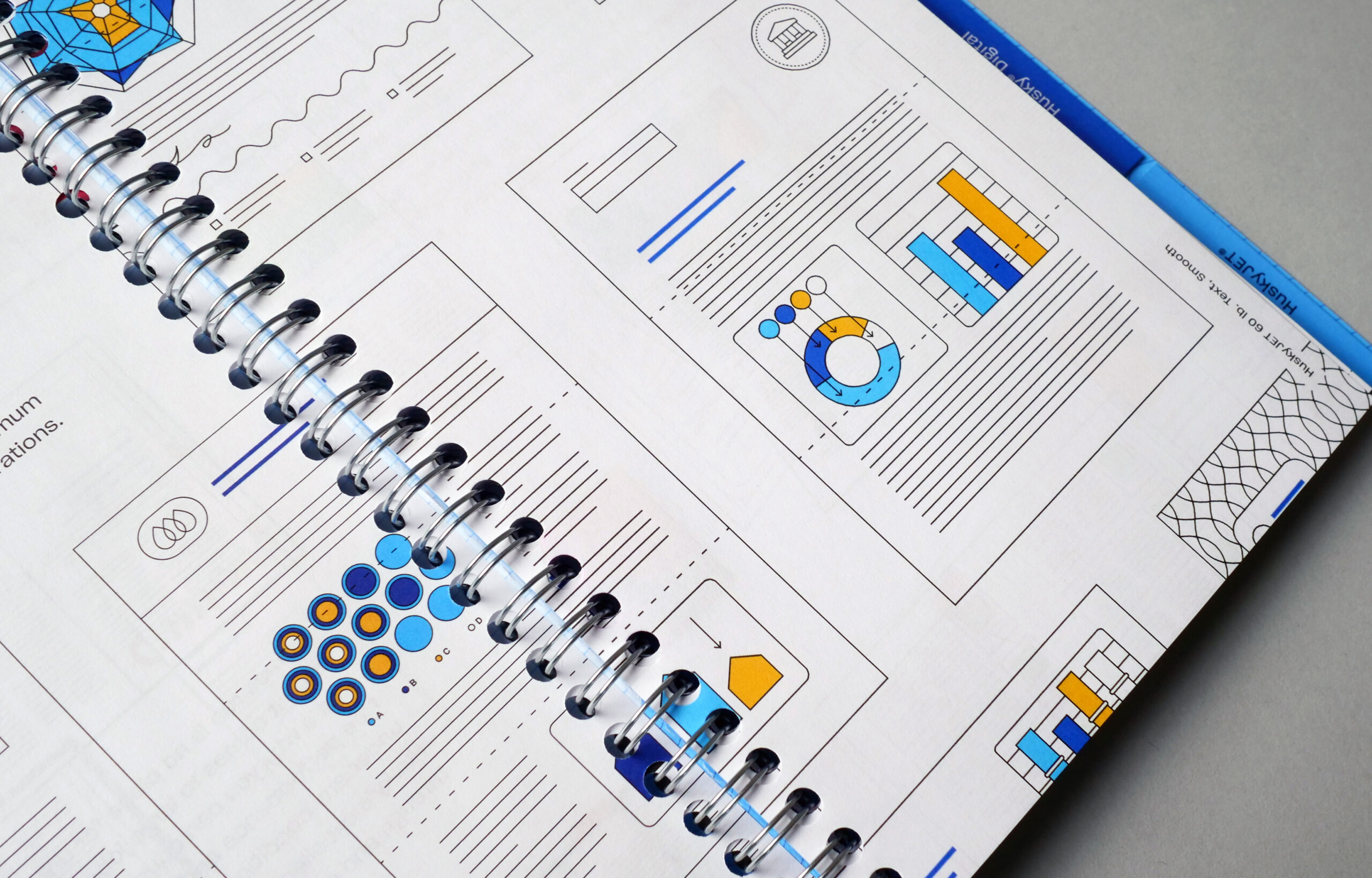- Interviewee: Julie Newhouse
- Company: Ripon Printers
- Position: Customer Service Representative
In this interview, she shares her insights to the qualifications and expectations of a customer service rep in the printing industry.
While other industries might call this position Customer Service Rep, many printing companies will also use the title Project Coordinator. The reason is because it is more in line with the actual responsibilities of what this position entails.
What education or training is required to be qualified for this position?
To be a customer service rep in the printing industry, it is not required but it is preferred that a candidate have a Bachelor’s or Associates Degree in Graphic Arts or Print. However, don’t be discouraged if you don’t have the education, many printers will also consider work experience in the industry for this position.
The other entry path is previous customer service experience in another industry.
What type of schools offer the training?
For the preferred education of a Bachelor’s Degree in Graphic Arts there are a number of Universities that offer this major.
The University of Wisconsin Stout is one that Julie is familiar with; it’s her alma mater.
Other schools include Ferris State, Arizona State, Clemson University, RIT, University of Central Missouri, Pittsburg State in Kansas, Illinois State, Cal Poly.
There are several resources to find relevant schools. College Factual includes an option at the bottom of the page to search by state.
What are the physical demands of the work?
Most of the physical demands involve standard desk work. To function in this role a person needs the ability to use basic computer skills, and operate a work station. There will be the occasional need to walk into the plant, but there isn’t any expectation to run equipment or be asked to lift heavy things. The time in the plant will involve communication with teammates involved in production.
What is a typical shift requirement of an entry-level person?
A project coordinator will work standard business hours regardless of experience level: however, depending on the production schedule, it is important to be available on-call after hours to answer questions and handle any emergencies that may arise.
Printing companies often produce work over two or three shifts. The project coordinator may need to help answer a question for the 2nd or 3rd shift.
What are the things that you most enjoy about your workday? What is rewarding about what you do?
People who excel in this role will enjoy the relationships that they build with customers.
There is gratification in working with a print job from start to finish. Each day is filled with problems that need solutions and the project coordinator is often the one who facilitates solving the problems. They are like the hub of a wheel.
They have to coordinate the communication of what the customer wants to multiple internal contributors to ensure the finished product meets customer expectations. It’s a position of high responsibility and every day is unique.
What kind of basic interests or skills fit well for this position?
A person needs strong written and verbal communication abilities. They must be service-oriented. A solid attention to detail is required. A printing job often touches as many as six internal departments. Each department needs clear instruction on what their part of the job requires.
What are the most demanding requirements of the position?
It is a fast-paced environment with frequent interruptions. A project coordinator must be able to multitask. The need to resolve conflict with customers and between internal departments can be stressful.
Quality decisions will often rest on the shoulders of the project coordinator, questions such as, “Is the color going to be acceptable to the client? Is the bindery work going to meet expectations?”
What changes do you foresee coming in the next 10 years that might affect this type of work? It could be advancements in technology, demographic shift that creates more or less opportunity, etc?
The shift to digital communication will make the relationship aspect of the position more of a challenge. Flexibility on how the customer prefers communication will be needed. More experienced print buyers will likely prefer phone conversations while newer print buyers might prefer email or texts.
Print jobs are trending to smaller runs often with multiple versions of the same product so an attention to detail skill will become highly valuable. For example, a customer may have multiple versions of a catalog that may include small updates for different individuals. Being able to catch mistakes in this type of project is important.
In general a technical aptitude will be beneficial. Like the rest of the world, print ordering and print manufacturing are becoming more automated. Knowing how to use computer programs and being able to communicate with the production plant in order to provide direction is essential to the job.
According to a wage survey that Printing Industries of America (PIA) conducted in 2018, the average compensation for this type of position is around $45,000. The salary will vary by Region and by experience.







